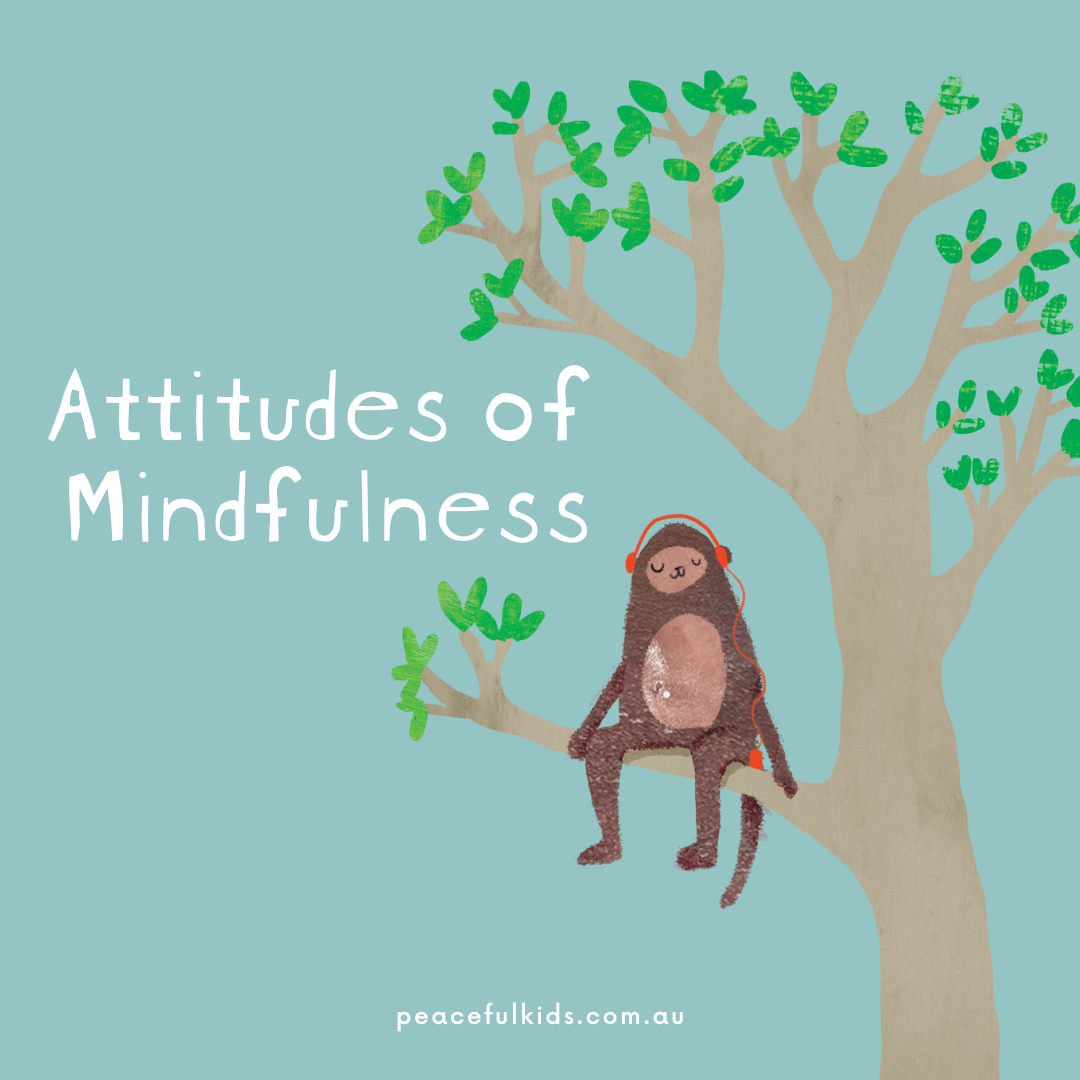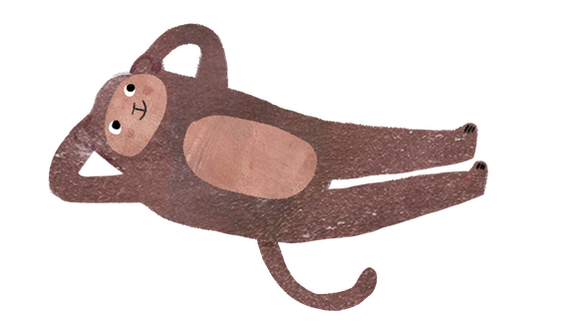Bringing the Attitudes of Mindfulness into our lives
|
|
PEACEFUL KIDS
|
© Wellbeing For Kids Pty. Ltd. All rights reserved. Suite 159 179 Queens Parade Clifton Hill VIC 3068 Australia [email protected] |

 RSS Feed
RSS Feed
